Next Generation Antivirus (NGAV)
Protect your organization with Xcitium's Next Generation Antivirus (NGAV) — a cutting-edge solution that goes beyond traditional antivirus to deliver advanced threat prevention and detection. Powered by behavioral analysis, machine learning, and Zero Trust architecture, NGAV stops both known and unknown threats before they can harm your endpoints.
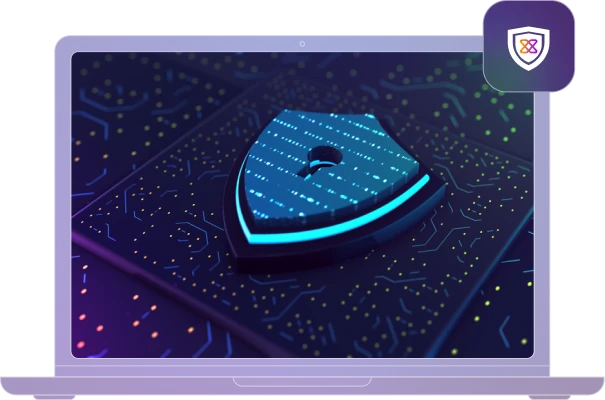
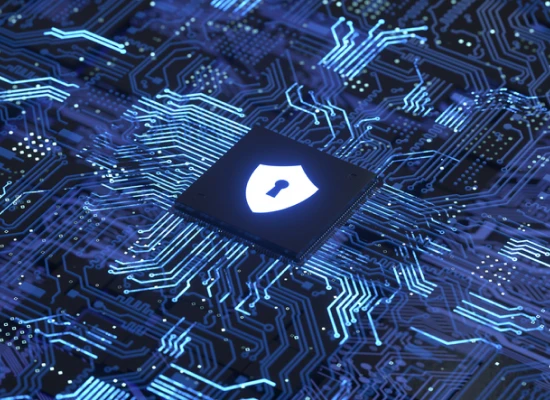
How It Works
Xcitium’s Next Generation Antivirus (NGAV) leverages advanced behavioral analysis and machine learning to identify and neutralize threats in real time. By monitoring endpoint activity, NGAV detects suspicious behaviors and prevents malware from executing, even if it’s never been seen before. Combined with our patented Zero Trust technology, every file and process is contained until verified safe, ensuring no threat can breach your defenses. This proactive approach delivers unmatched protection against ransomware, zero-day attacks, and evolving cyber threats, all without disrupting your workflow.
Key Features
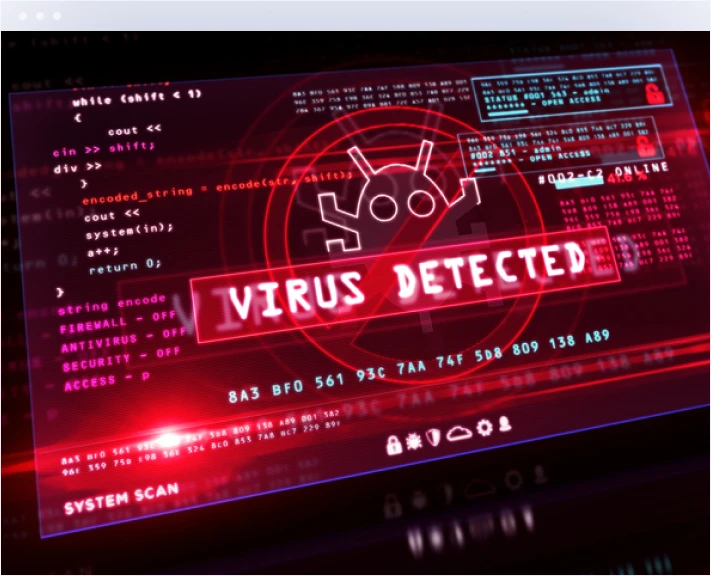
Behavioral Detection
Utilizes advanced machine learning to predict and prevent attacks before they compromise endpoints.
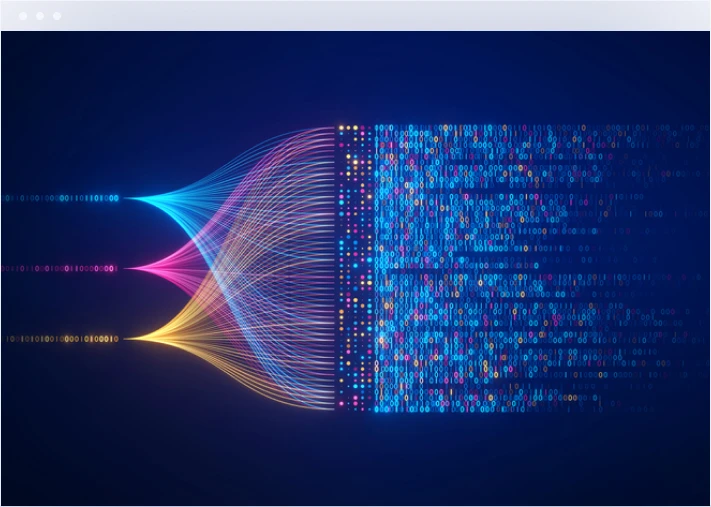
Machine Learning Algorithms
Utilizes advanced machine learning to predict and prevent attacks before they compromise endpoints.
Key Features
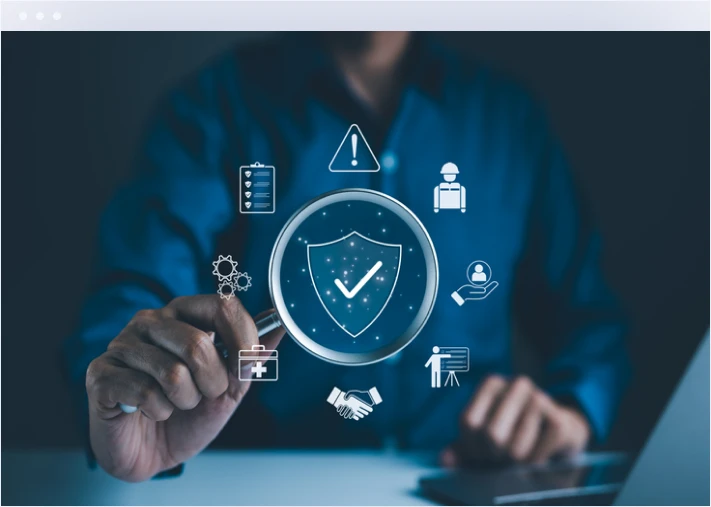
Zero Trust Architecture
Employs a default-deny approach, containing all unknown executables until they are verified as safe, ensuring comprehensive protection.
Zero-Day Threat Detection
Effectively identifies and neutralizes zero-day vulnerabilities, safeguarding against previously unknown threats.
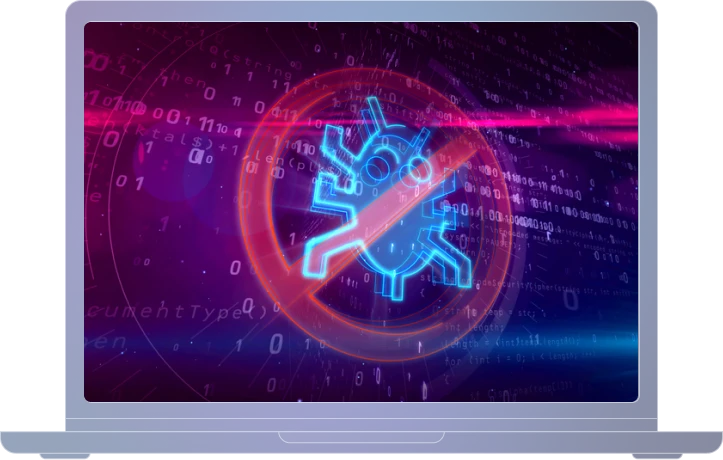
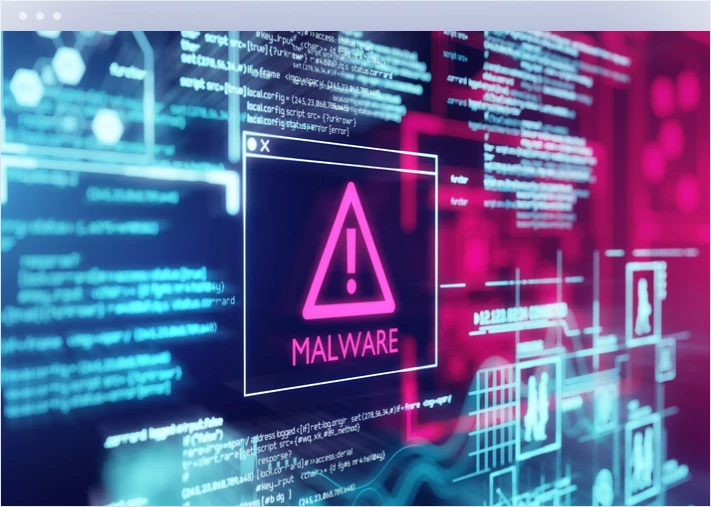
Fileless Malware Protection
Detects and prevents fileless attacks that traditional antivirus solutions might miss, ensuring comprehensive security.
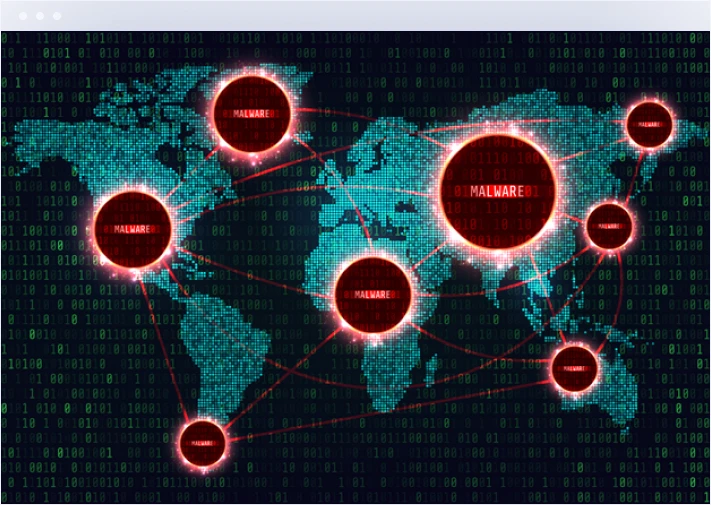
Real-Time Threat Intelligence
Provides up-to-date information on emerging threats, enabling proactive defense strategies.
Benefits
Solution
Why Choose Xcitium?
Xcitium's Next Generation Antivirus (NGAV) is the ultimate choice for businesses seeking proactive, reliable, and innovative endpoint protection. Unlike traditional antivirus solutions, NGAV combines behavioral detection, machine learning, and Zero Trust technology to stop threats before they execute. With seamless cloud-based deployment and real-time threat intelligence, Xcitium ensures your organization stays ahead of emerging cyber threats without compromising performance or productivity. Choose Xcitium's NGAV to safeguard your business with unparalleled protection, a proven track record, and a commitment to redefining cybersecurity for the modern era.





